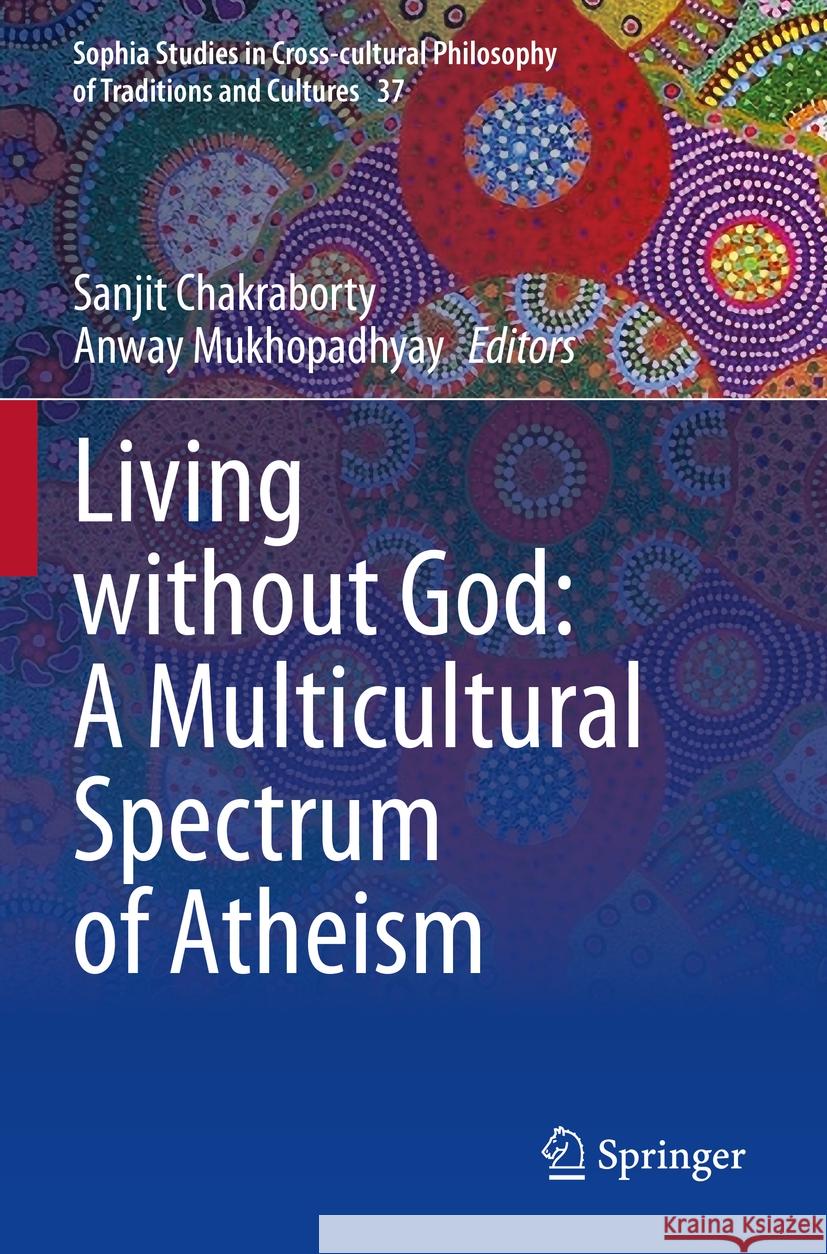Living without God: A Multicultural Spectrum of Atheism » książka
topmenu
Living without God: A Multicultural Spectrum of Atheism
ISBN-13: 9789811972515 / Angielski / Miękka / 2023
Living without God: A Multicultural Spectrum of Atheism
ISBN-13: 9789811972515 / Angielski / Miękka / 2023
cena 441,75
(netto: 420,71 VAT: 5%)
Najniższa cena z 30 dni: 424,07
(netto: 420,71 VAT: 5%)
Najniższa cena z 30 dni: 424,07
Termin realizacji zamówienia:
ok. 22 dni roboczych
Dostawa w 2026 r.
ok. 22 dni roboczych
Dostawa w 2026 r.
Darmowa dostawa!
This book deals with the intricate issue of approaching atheism—methodologically as well as conceptually—from the perspective of cultural pluralism. What does ‘atheism’ mean in different cultural contexts? Can this term be applied appropriately to different religious discourses which conceptualize God/gods/Goddess/goddesses (and also godlessness) in hugely divergent ways? Is my ‘God’ the same as yours? If not, then how can your atheism be the same as mine? In other words, this volume raises the question: Is it not high time that we proposed a comparative study of atheism(s) alongside that of religions, rather than believing that atheism is centered in the ‘Western’ experience? Apart from answering these questions, the book highlights the much-needed focus on the philosophical negotiations between atheism, theism and agnosticism. The fine chapters collected here present pluralist negotiations with the notion of atheism and its ethical, theological, literary and scientific corollaries.
Previously published in Sophia Volume 60, issue 3, September 2021
Chapters “Religious Conversion and Loss of Faith: Cases of Personal Paradigm Shift?” and “On Being an Infidel” are available open access under a Creative Commons Attribution 4.0 International License via link.springer.com.











